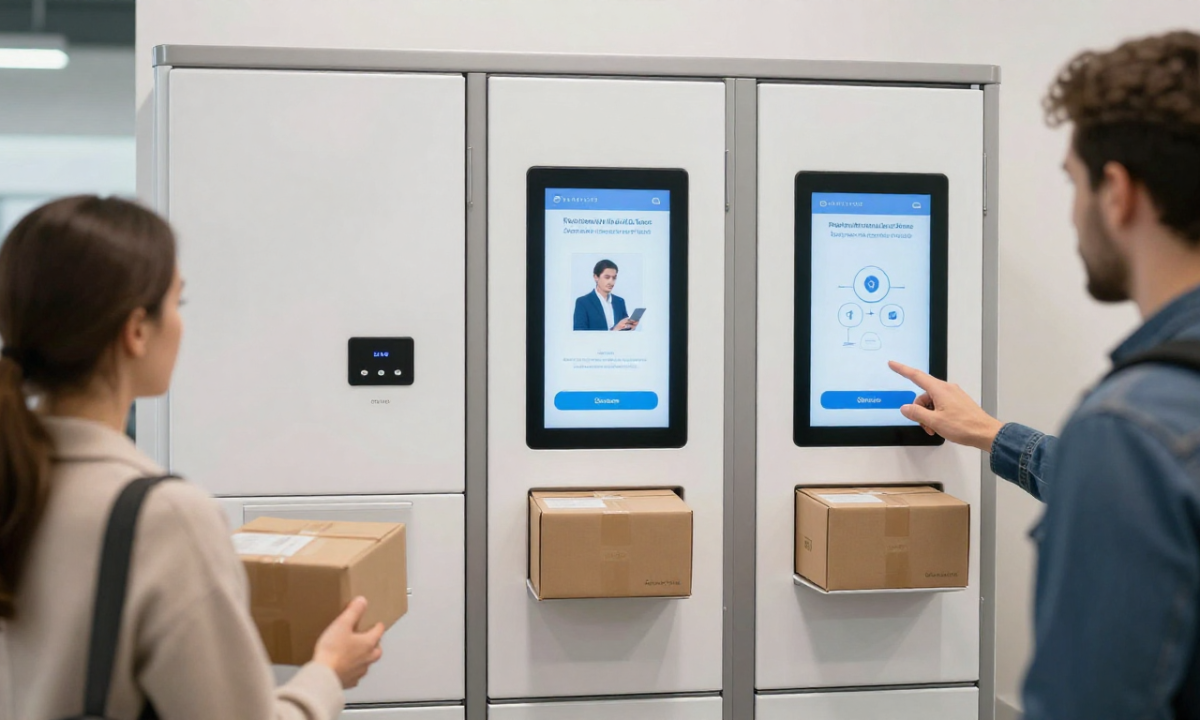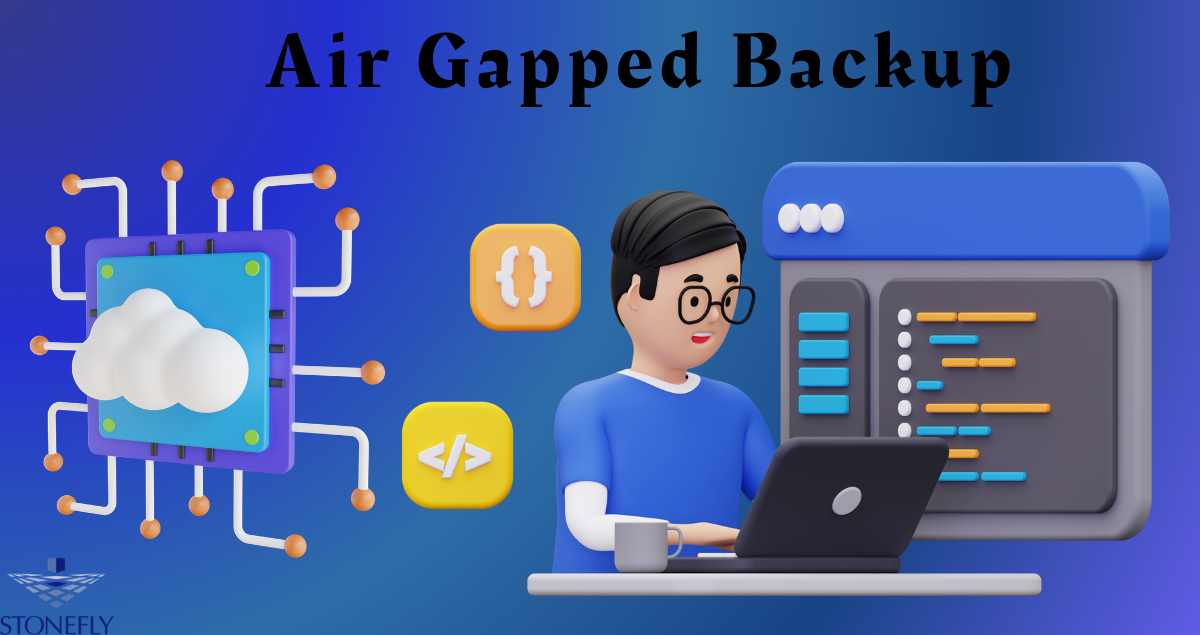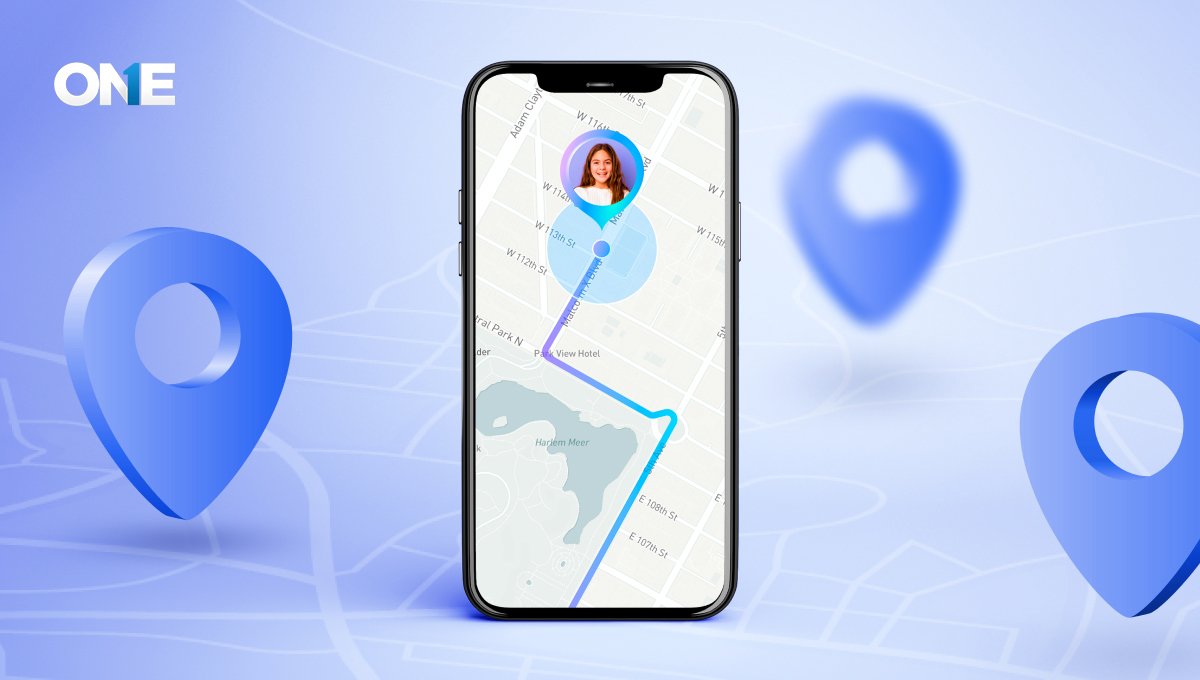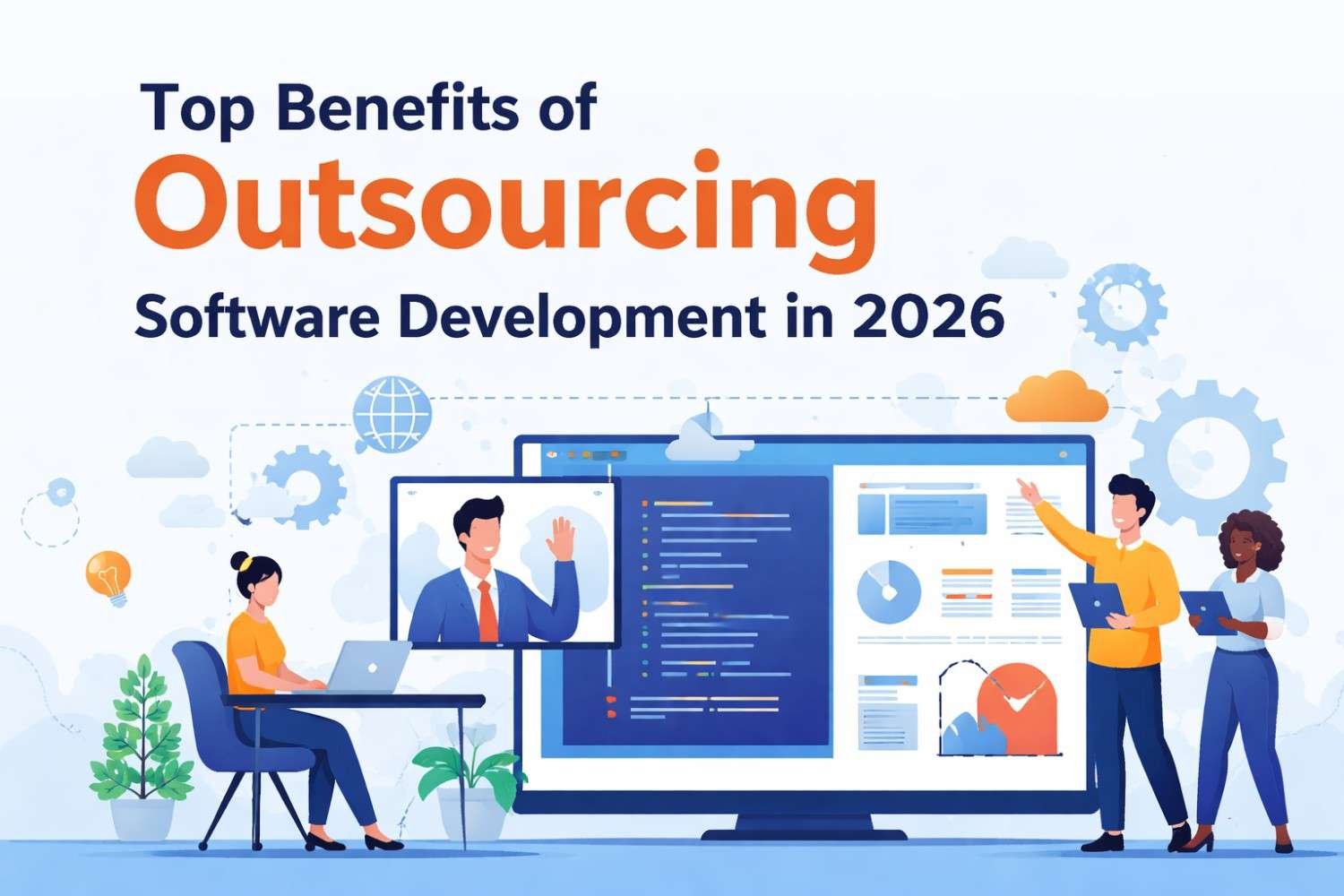In today’s world, technology is at the heart of innovation and efficiency. Whether it is in manufacturing, retail, healthcare, or corporate environments, the right technological solutions can streamline operations and enhance user experiences. Businesses are investing heavily in advanced systems that automate processes, improve decision-making, and offer more convenience for employees and customers alike.
This article explores how various technologies, from smart devices to automation systems, are reshaping workplaces and industries around the globe.
Workplace Automation and Employee Convenience
Modern workplaces have evolved to provide employees with more flexible and tech-friendly environments. Offices now rely on cloud-based software, collaborative tools, and connected devices to boost productivity. One small but impactful example is the use of an office vending machine.
These modern versions are equipped with smart payment systems, real-time inventory management, and even personalized options based on employee preferences. Employees can quickly grab a snack, beverage, or even office essentials without leaving the building. This level of convenience reduces downtime and contributes to a better work-life balance for employees.
The Internet of Things (IoT) in Businesses
The Internet of Things (IoT) is another major driver of workplace transformation. IoT refers to the network of connected devices that can communicate and share data with one another. Businesses use IoT for everything from asset tracking to environmental monitoring.
For example, smart sensors can monitor energy usage in office buildings and adjust lighting or air conditioning automatically. This not only saves money but also helps companies become more sustainable. In industrial environments, IoT-enabled machines can detect potential breakdowns before they happen, reducing costly downtime.
Artificial Intelligence for Smarter Decisions
Artificial intelligence (AI) is playing a key role in shaping the future of work. AI tools can analyze large amounts of data and provide valuable insights that help businesses make better decisions.
In the workplace, AI-powered software can automate scheduling, manage workflows, and even predict project timelines. For customer service, AI chatbots provide instant support, reducing the workload for human agents. AI also enhances cybersecurity by identifying unusual network activity and alerting IT teams before threats escalate.
Cloud Computing for Flexibility and Scalability
Cloud computing has revolutionized how companies store and manage data. Rather than relying on physical servers, businesses can now access cloud services to scale operations up or down based on demand. This flexibility is especially useful for startups and companies with remote teams.
Cloud platforms also make it easier for employees to collaborate. Teams can access documents and applications from anywhere, improving productivity and efficiency. Additionally, cloud services often include built-in security features to protect sensitive information.
Robotics and Process Automation
Automation technologies such as robotics and robotic process automation (RPA) are becoming increasingly common in businesses. Robots can handle repetitive physical tasks in industries like manufacturing and logistics, while RPA tools can automate digital processes such as data entry and reporting.
By reducing the need for manual intervention, automation enables employees to focus on more strategic and creative work. This improves overall efficiency and helps companies remain competitive in rapidly changing markets.
Cybersecurity: Safeguarding Business Data
With the growing reliance on technology, cybersecurity has become a top priority. Data breaches can be devastating, leading to financial loss and reputational damage. Businesses are investing in advanced security measures, including encryption, multi-factor authentication, and network monitoring.
Embedded Systems Powering Everyday Devices
Embedded systems are at the core of many devices we use daily. These specialized computing systems are designed to perform specific functions reliably and efficiently. They are found in everything from smartphones and cars to medical devices and industrial machinery.
Many companies are now looking to hire raspberry pi developers to build innovative IoT solutions. Raspberry Pi is a cost-effective hardware platform ideal for prototyping and deploying embedded systems. Skilled developers can use Raspberry Pi boards to create custom solutions such as home automation devices, industrial control systems, and even interactive kiosks. These versatile systems allow businesses to deliver smarter products to their customers.
Conclusion
Technology is no longer just an option for businesses; it is a necessity. From IoT devices and cloud computing to embedded systems and robotics, the tools available today are transforming how companies operate and interact with employees and customers.
Innovative solutions such as an office vending machine can improve employee convenience, while engaging specialized experts to hire raspberry pi developers can open doors to new product opportunities. Businesses that stay ahead of the technology curve will be best equipped to thrive in the competitive global marketplace and businesses. Companies that embrace digital transformation early will be better positioned for long-term success. By investing in connected devices, cloud platforms, and skilled developers, they can create more efficient workplaces and superior products.














Leave a Reply